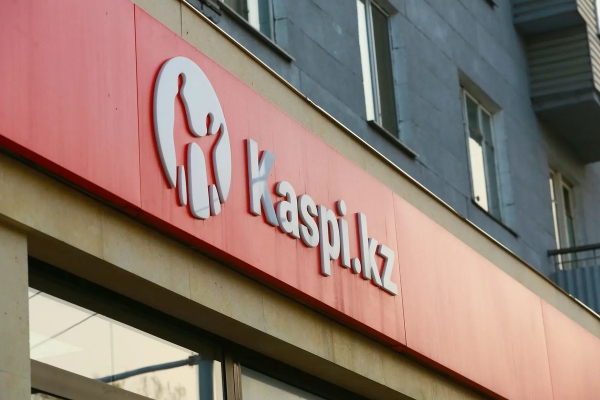Kazakh fintech giant Kaspi.kz has decided to cease its participation in the privatization process of the Humo payment system, as it was confirmed by the company’s press service.

The privatization process of the National Interbank Processing Center (NMPC), which manages the Humo payment system, was officially launched in mid-July 2024. The NMPC’s role in overseeing the Humo system, which facilitates interbank transactions and electronic payments across Uzbekistan, made it a highly sought-after asset for several major players in the fintech sector. Eight bidders expressed interest in acquiring the asset, with six of them being shortlisted to submit binding offers. However, despite being one of the leading contenders, Kaspi.kz has now decided to withdraw from the bidding process.
Kaspi.kz, known for its comprehensive digital ecosystem in Kazakhstan, stated that it is no longer moving forward in the privatization of the Humo system. In a statement issued by the company, Kaspi.kz emphasized that while it would not continue its pursuit of this specific deal, it remains committed to exploring other opportunities to contribute to the digital transformation of Uzbekistan’s economy. The company reaffirmed its interest in the Uzbek market, noting its potential as a key region for expansion and innovation in the digital finance space.
“We are currently not moving forward in the process. At the same time, we will continue to look for opportunities to play a role in the digital transformation of Uzbekistan,” Kaspi.kz said.
Kaspi’s interest in Uzbekistan’s digital economy was first publicly announced in late August 2024, when the company’s co-founder and CEO, Mikhail Lomtadze, discussed plans to invest in Humo’s technological capabilities to enhance the system’s accessibility and convenience. Lomtadze’s vision was to modernize Humo to make it more user-friendly, aiming to boost the system’s reach and usability for consumers across Uzbekistan.
Kaspi.kz’s decision to withdraw from the privatization process is in line with broader strategic considerations about its future in Uzbekistan. Lomtadze had previously spoken about the company’s cautious approach to expanding in Uzbekistan, particularly due to the high cost of capital and the challenges that come with entering a foreign market. Despite having a strong fintech ecosystem in Kazakhstan, Kaspi understands that the absence of affordable financial resources and the complexities of foreign market dynamics can slow its growth and hinder large-scale expansion.
In a June interview with Gilgamesh Ventures co-founder Megel Aramasa, Lomtadze acknowledged that Kaspi’s expansion into Uzbekistan would need to be carefully planned. He emphasized that while there were significant opportunities in the Uzbek market, the company would need to proceed with caution given the high cost of financing and the regulatory complexities that often accompany international market entry.




